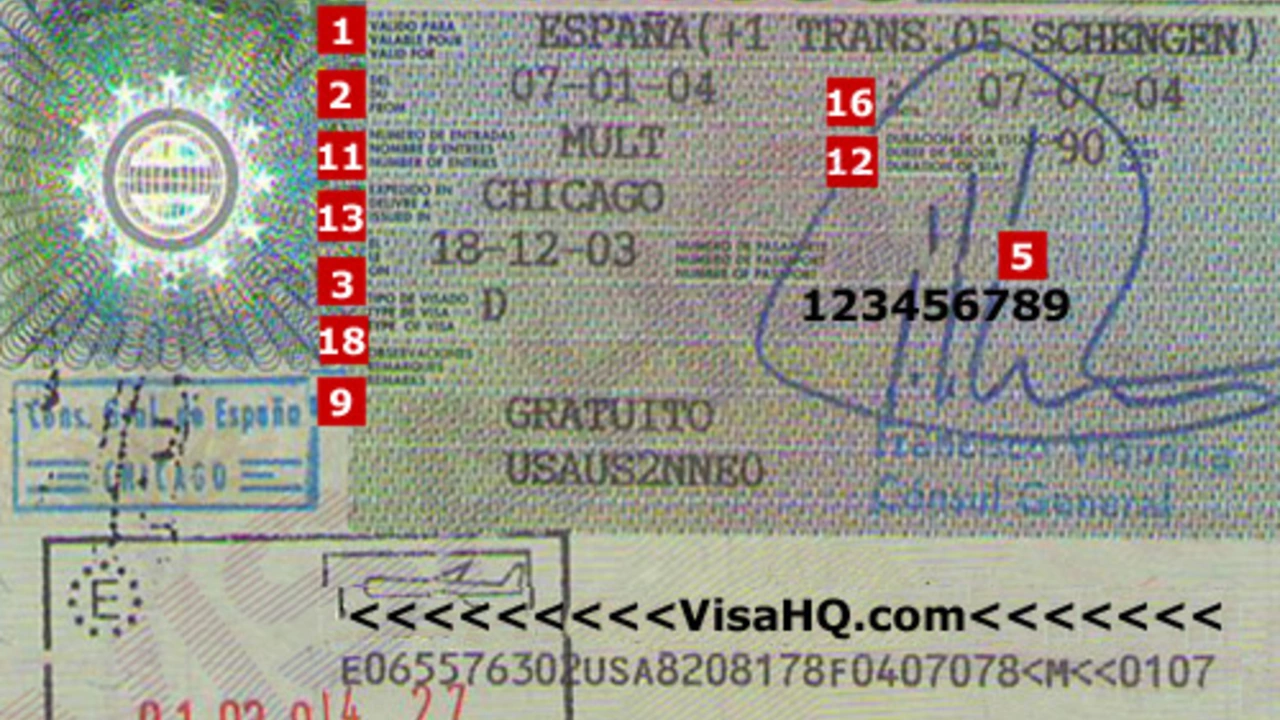Work in Spain – Your Quick Guide to Getting Hired
If you’ve ever dreamed of swapping your office view for a Mediterranean sunset, you’re not alone. Thousands of people chase the idea of working in Spain each year, but the process can feel like a maze. Let’s cut through the confusion and give you a clear roadmap, so you can focus on packing your bags instead of wrestling paperwork.
Visa and Legal Basics
The first hurdle is the right visa. For non‑EU citizens, the most common route is the "Residence Visa for Employment." You need a job offer before you apply, and the employer must prove they couldn’t fill the role with a local candidate. Gather your passport, a clean criminal record, proof of qualifications, and a signed contract. Once approved, you’ll receive a residence permit that lets you live and work legally. Remember, the paperwork is strict, so double‑check every detail before submission.
Job Search Strategies
Spain’s job market isn’t the same everywhere. Big cities like Madrid, Barcelona, and Valencia have the most openings, especially in tech, tourism, and finance. Start with local job boards such as InfoJobs, LinkedIn Spain, and Indeed.es. Tailor your CV to the Spanish format: put your photo at the top, list education first, and keep it to two pages. A well‑written cover letter in Spanish shows respect for the culture and boosts your chances.
Networking matters a lot here. Attend meet‑ups, join industry groups on Meetup.com, and don’t shy away from coffee chats with expats. Many positions are filled through referrals before they ever hit a board. If you’re already in the country, a quick visit to a local “empresas de trabajo temporal” (temp agencies) can open doors to short‑term gigs that often turn permanent.
Language skills are a game‑changer. While many multinational firms operate in English, most Spanish companies expect at least conversational Spanish. Enroll in a language course or use apps like Duolingo daily. Even a basic “¡Hola! ¿Cómo estás?” can make a recruiter smile and remember you.
Don’t forget the seasonal wave. Summer tourism brings a flood of temporary jobs in hospitality, guiding, and event planning. These roles can be a fast track to a work permit and give you a taste of Spanish work culture without a long‑term commitment.
Once you land an interview, be ready to talk about your adaptability. Employers love candidates who can blend into a new environment. Share stories of past relocations or times you worked with diverse teams. Show that you’re not just looking for a paycheck, but also for a meaningful experience in Spain.
After you secure a job, the employer will help you with the work contract and the necessary steps to register with the Social Security system. You’ll need a Spanish tax number (NIE) for everything from opening a bank account to paying taxes. Get your NIE at a police station or a foreign office; the process usually takes a week.
Finally, think about life beyond work. Spain offers an enviable work‑life balance: the typical workday ends around 6 pm, and the famous “siesta” culture still lingers in many towns. Take advantage of the public transport, explore regional cuisines, and let yourself unwind on a weekend beach trip. A happy life outside the office boosts productivity and helps you settle faster.
Getting a job in Spain isn’t magic, but with the right visa, a focused job hunt, and a dash of Spanish language practice, you’ll be well on your way. Start today, stay organized, and soon you’ll be swapping your morning commute for a seaside promenade.
What is the process around a Spain work visa for an Indian?
Securing a work visa for Spain as an Indian citizen involves a few crucial steps. First, you need to secure a job in Spain, where your employer will initiate the work permit process on your behalf. After approval from the Spanish authorities, you can apply for a visa at the Spanish Embassy or Consulate in India. It's important to prepare all necessary documents, including a valid passport, job contract, and proof of no criminal record. Remember, the process may take several months, so it's advisable to plan ahead.
